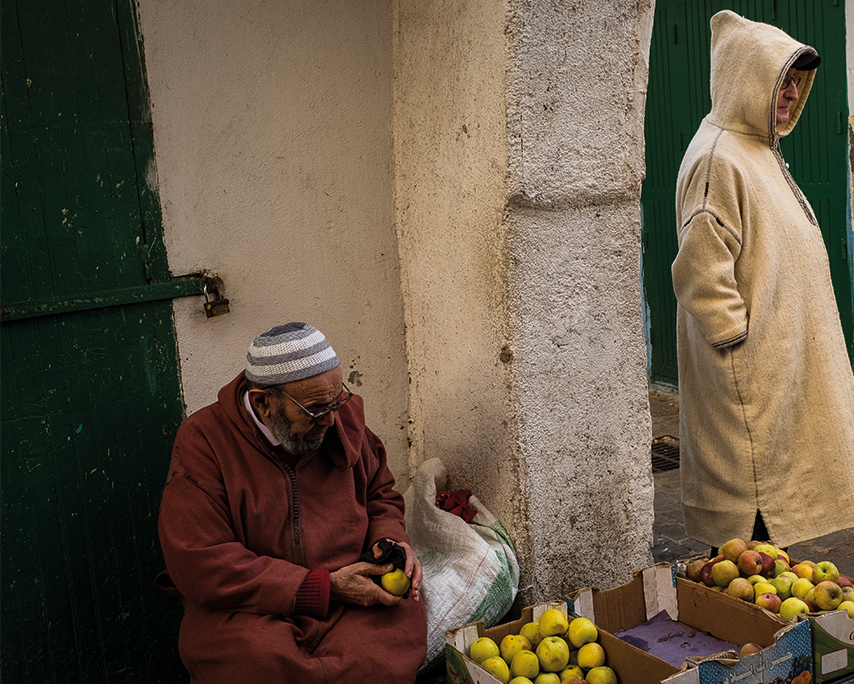World Food Safety Day
Is Africa’s food safety is a guessing game?
The concept—the fading ability to trace the origin of our food—sits at the heart of Africa’s growing food safety crisis. It is not just a nostalgic lament about the past but a warning sign that something fundamental is breaking down in our food systems. Once upon a time, food provenance in African markets was not just common sense; it was common knowledge. You asked a vendor where the maize came from, and they would say, “From my uncle’s farm in Kirinyaga,” or “harvested just this week in Mbale.” There was trust in that transaction because there was traceability, pride, and a direct link to the land.
Today, that trust is eroding
Across many African cities and towns, vendors now shrug when asked where their produce is from. And it is not necessarily their fault. Our food chains have grown longer, more opaque, and more commercialised, often without the regulatory safeguards that should accompany such complexity. What used to be a short, transparent journey from farm to market has now become a shadowy trail, passing through middlemen, transporters, informal packagers, and border posts. Along that path, oversight is often minimal, and quality controls inconsistent, if not absent altogether.
Anonymity in food sourcing presents real and present dangers, not just to our health but to our autonomy.
Food safety is now a guessing game
Without clear knowledge of where food is grown, how it is cultivated, or what chemicals are used, consumers are left to guess about what ends up on their plates. Harmful pesticides, contaminated irrigation water, and unhygienic handling practices are often hidden behind glossy tomatoes or a stack of seemingly fresh sukuma wiki (collard greens). Outbreaks of foodborne illness and pesticide poisoning are on the rise across the continent, yet accountability is difficult to enforce when the origin of the food is unknown.
Food is culture. When people lose connection to the land that feeds them, they also lose part of their heritage. The erosion of food traceability is not just a logistical problem but a cultural one. Indigenous knowledge about what to grow, when to harvest, and how to prepare food safely is increasingly being replaced by imported habits and supply chains driven by profit rather than local wisdom.
Undermining Africa’s food sovereignty
If we cannot verify where our food comes from, we cannot control it. Food sovereignty, the right of people to define their own food systems, relies on traceability and transparency. Africa imports billions of dollars in food annually, even while local farmers struggle to sell their produce. Reconnecting markets with farmers is not just a nice-to-have. It is a strategic imperative for food security, public health, and economic resilience.
What needs to happen
We need to rebuild the chain of trust, starting with better data and regulation. Governments must invest in traceability systems and make food safety inspections routine, not reactive. Technology can help: QR codes, digital farmer registries, and market-level labelling initiatives are already being piloted in some African countries. However, the foundation must remain local: educating farmers and vendors, strengthening cooperatives, and encouraging consumers to ask questions.
Ultimately, this is not just about food. It is about regaining control over our lives. The inability to trace the origin of our food is not just an oversight but a symptom of a larger structural neglect. If we are serious about safeguarding Africa’s health and sovereignty, we must return to the basics: know your food, know your farmer and never let common sense die quietly.



